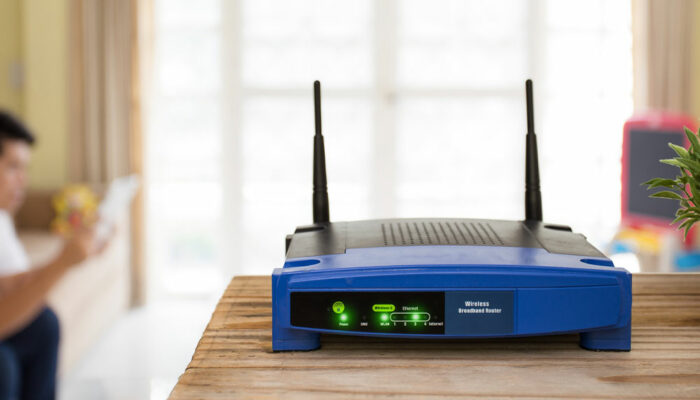
Internet
5 simple ways to increase Wi-Fi speed
You probably don’t think much about your Wi-Fi speed until your favorite show stops streaming, your browser refuses to load, or you cannot load your social media posts. This can disrupt your work or ruin your entertainment experience. If this happens often, there are ways to increase Wi-Fi speed. If these tips still don’t work, you must contact your service provider and have a professional take a look. Here are a few things that you can do: Move your router to an open space Since it is a wireless connection, it is affected by various factors. There can be electronic interference from other devices. It is also possible that Wi-Fi signals are encountering obstacles. This can happen when you place your router inside cupboards, bookshelves, or thick decorative boxes. Even walls can act as obstacles. So, move your router to a place where there is minimal interference, and it is closer to all your devices. Ensure that settings are optimized The speed of your Wi-Fi can go down when multiple heavy-duty activities, such as streaming videos, playing online games, and attending video calls, are going on all at once. All of these will eat into the bandwidth, slowing down your Internet connection.
Read More 